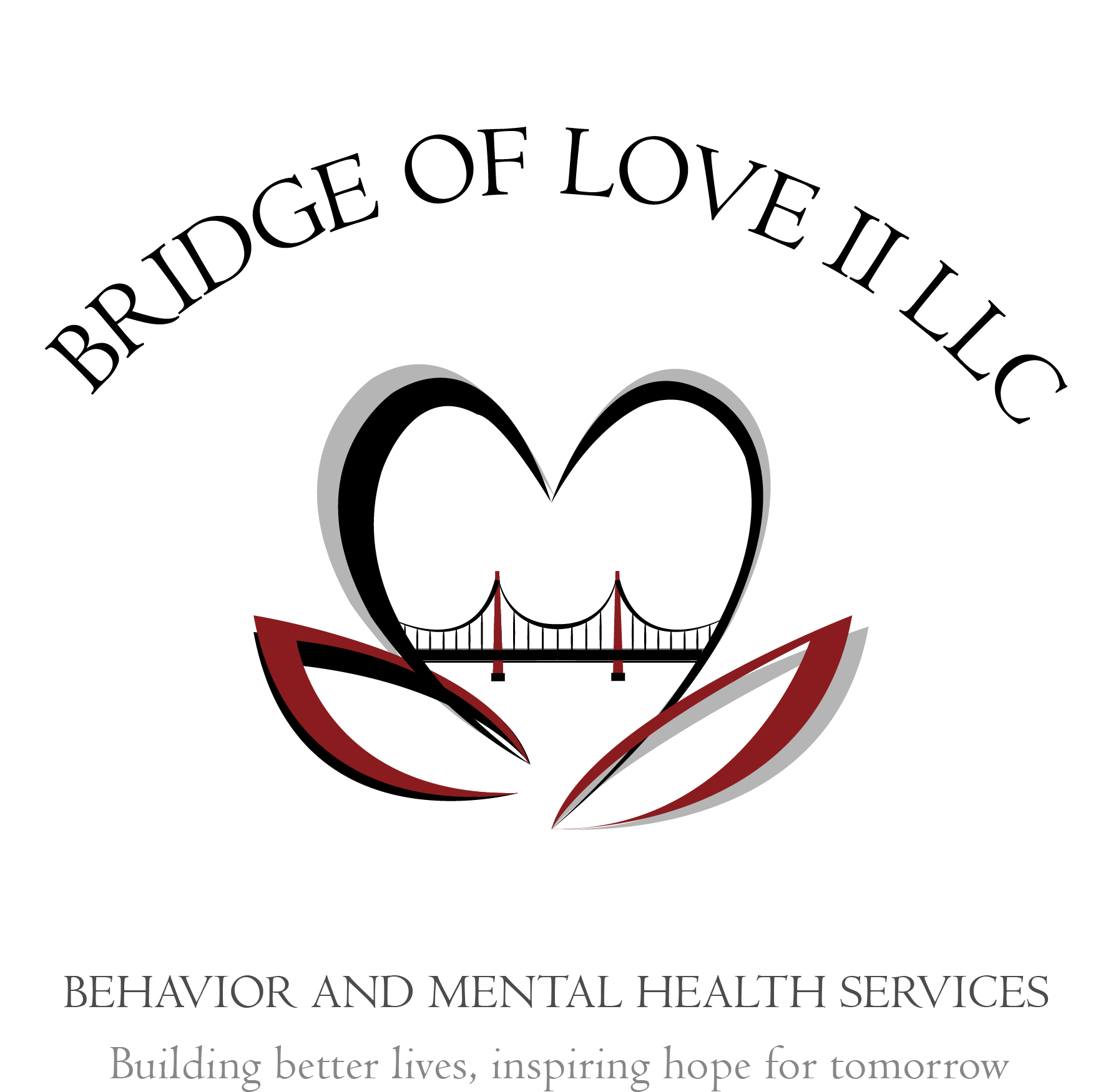Bridge of Love II LLC
The Master of Social LSW Residency Program
Comprehensive Paid Supervision for
PA Licensed Social Workers
The LSW Residency Program is a comprehensive paid training initiative tailored for recent Master of Social Work (MSW) graduates in Pennsylvania who have earned their Licensed Social Worker (LSW) credential and are pursuing their Licensed Clinical Social Worker (LCSW) designation. This program offers an immersive experience within a Clinical Outpatient Mental Health Group setting, enabling residents to cultivate essential skills and competencies in clinical social work practice. Through hands-on training and direct client engagement, LSW Residents will gain valuable insights, practical knowledge, and Clinical skills to excel in their careers and to help make a meaningful and impact difference in the field of mental and behavioral health.

Program Features for LSW ResidentsHands-On Experience
LSW Residents will actively engage in direct practice with clients under the supervision of licensed professionals. This immersive experience allows residents to apply theoretical knowledge in real-world settings, working with diverse populations across various environments. By interacting with clients from different backgrounds, residents will develop essential skills in cultural competence and adaptability, preparing them to meet the unique needs of each individual they serve.
Supervision and Mentorship
Each resident will benefit from regular supervision and mentorship provided by an experienced Licensed Clinical Social Worker (LCSW). This relationship is crucial for fostering professional growth, as mentors will offer guidance, feedback, and support throughout the residency. The structured supervision ensures that residents adhere to ethical standards and best practices, enabling them to navigate complex client situations with confidence and integrity. Additionally, mentorship will encourage reflective practice, helping residents to critically assess their work and continuously improve their skills.
Interdisciplinary Collaboration
Residents will have the opportunity to collaborate with professionals from various disciplines, including psychology, nursing, and education. This interdisciplinary approach enhances residents’ understanding of holistic client care, emphasizing the interconnectedness of mental, emotional, and physical health. By participating in team meetings and collaborative projects, residents will learn to appreciate diverse perspectives and develop the communication skills necessary for effective teamwork. This collaboration not only enriches their training but also prepares them for future roles in integrated care settings.
Professional Development
The program places a strong emphasis on continuous learning and professional development. Residents will participate in a variety of workshops, seminars, and networking events designed to enhance their knowledge and skills. Topics may include advanced counseling techniques, ethical decision-making, trauma-informed care, and emerging trends in social work practice. Networking opportunities will connect residents with established professionals in the field, facilitating mentorship relationships and career advancement. This commitment to lifelong learning ensures that residents are well-prepared to adapt to the evolving landscape of social work.
Supportive Environment
Recognizing the importance of personal well-being, the program fosters a supportive environment that prioritizes self-care and mental health. Residents will have access to resources and workshops focused on stress management, resilience-building, and work-life balance. By cultivating a culture of support and understanding, the program empowers residents to thrive both professionally and personally during their training. This holistic approach not only enhances their effectiveness as social workers but also contributes to their overall well-being, ensuring they can provide the best care to their clients.

LSW Residency Clinical Program
Therapy Program Overview
This therapy program comprises structured therapeutic sessions conducted by licensed professionals in accordance with Act 76. This policy permits licensed social workers to provide therapeutic services under the direct supervision of a Licensed Clinical Social Worker (LCSW).
Training and Supervision
Therapists undergo intensive training, committing a minimum of 20 to 40 hours per week, alongside 1 to 2 hours of supervision weekly. Upon completing 3,000 hours of clinical experience and 150 hours of supervised clinical training, clinicians are prepared to sit for the Association of Social Work Boards (ASWB) licensing exam.
Clinical Topics Covered
During their supervision and training, various clinical topics are addressed, with a specific emphasis on developing and enhancing social work skills. Key topics include, but are not limited to:
- Counseling Strategies and Clinical Theories
- Clinical Assessment and Diagnosis
- Evidence-Based Treatment Practices
- Person-in-Environment and Theoretical Frameworks
- Stages of Development
- Treatment Planning, Discharge Planning, and Aftercare
- The Helping Process and the Social Work Model
- Case Planning and Resource Allocation
- Progress Note Writing
- Crisis Intervention, Management, and Safety Planning
- Medication Management
- Trauma-Informed Care
- Legal and Ethical Standards
- Child Abuse and Incident Reporting
- Advocacy and Ethical Dilemmas
- Client Rights and Self-Determination
- Cultural Competence, Diversity, Equity, and Inclusion
- Telemental Health and Legal Considerations
- Group Development and Norms
This comprehensive curriculum ensures that therapists are well-equipped to meet the diverse needs of their clients and adhere to the highest standards of practice.
